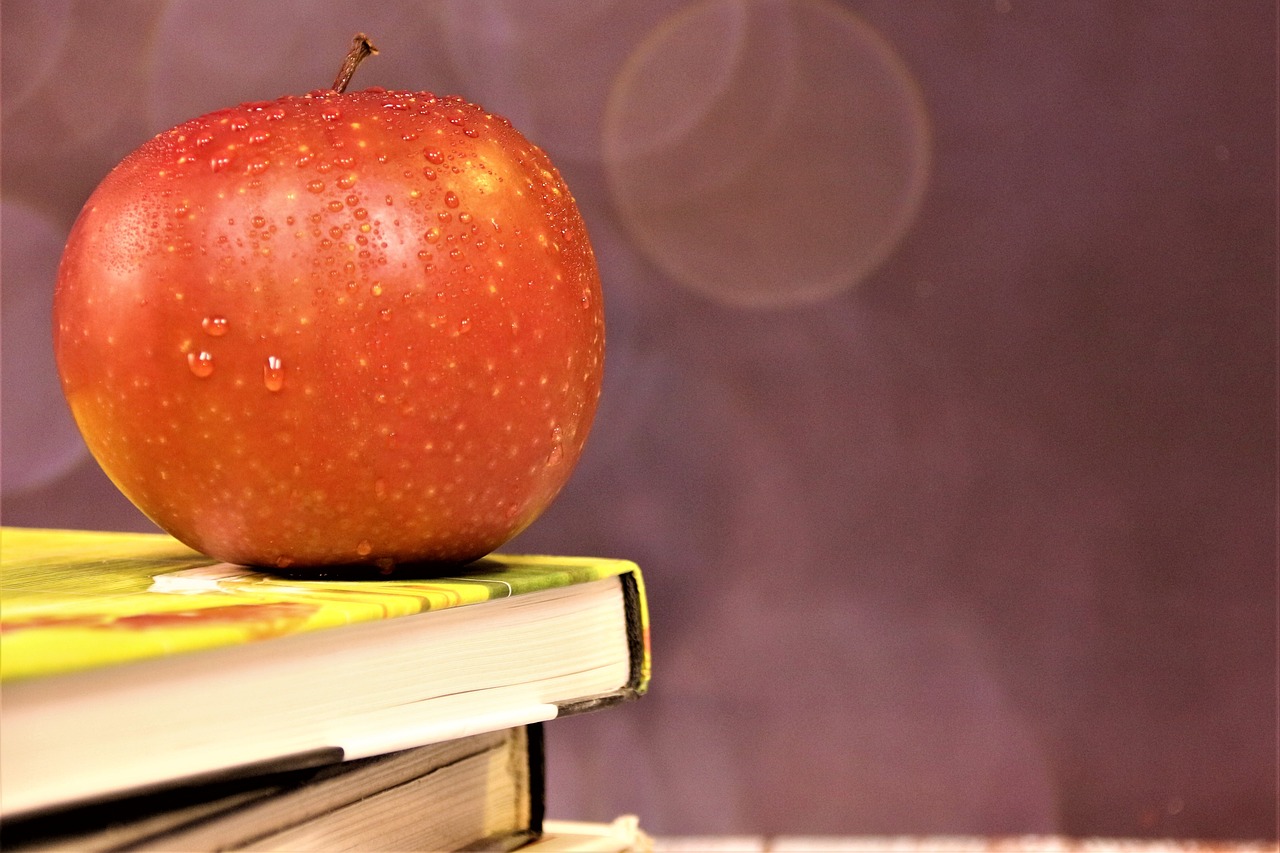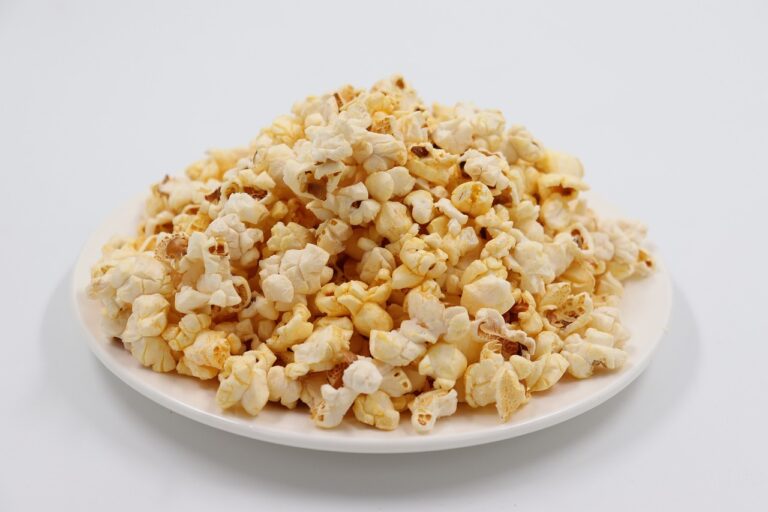Addressing Consumer Interest in Novel Protein Sources for Pets: Bet book 250.com, 11xplay online, Yolo 247 login
bet book 250.com, 11xplay online, yolo 247 login: As pet owners become more conscious about the quality of food they provide for their furry companions, the demand for novel protein sources for pets has been on the rise. With concerns about allergens, sustainability, and overall health and wellness, pet owners are looking for alternative protein options to incorporate into their pets’ diets. In this article, we will delve into the growing interest in novel protein sources for pets and how pet food manufacturers are responding to these consumer demands.
The Shift Towards Novel Protein Sources
Traditionally, pet foods have primarily relied on conventional protein sources such as chicken, beef, and fish. However, there has been a notable shift towards novel protein sources in recent years. Pet owners are looking for alternative protein options such as venison, rabbit, duck, and even insect-based proteins. These novel protein sources not only offer variety in the diet but also cater to pets with food sensitivities or allergies to common protein sources.
The Rise of Plant-Based Proteins
Another trend that has gained traction in the pet food industry is the incorporation of plant-based proteins. With the growing awareness of environmental sustainability and concerns about animal welfare, many pet owners are looking for plant-based protein options for their pets. Ingredients such as peas, lentils, chickpeas, and quinoa are being used as alternative protein sources in pet foods.
Sourcing and Sustainability
When it comes to novel protein sources for pets, sourcing and sustainability are key considerations for pet owners. They want to ensure that the protein sources used in their pets’ food are ethically and sustainably sourced. Pet food manufacturers are increasingly focusing on transparency in their sourcing practices, providing information about the origins of the protein sources used in their products.
Quality and Nutritional Content
In addition to sourcing and sustainability, pet owners are also concerned about the quality and nutritional content of novel protein sources for pets. They want to make sure that alternative protein sources are nutritionally balanced and provide all the essential nutrients that their pets need to thrive. Pet food manufacturers are investing in research and development to formulate high-quality diets that meet the nutritional needs of pets while incorporating novel protein sources.
Innovation in Pet Food Industry
The growing interest in novel protein sources for pets has spurred innovation in the pet food industry. Pet food manufacturers are constantly researching and experimenting with new protein sources to meet the evolving demands of pet owners. From exotic meats to plant-based proteins to insect-based ingredients, the options for novel protein sources in pet food are expanding.
Consumer Education and Awareness
As pet owners become more sophisticated in their dietary choices for their pets, consumer education and awareness play a crucial role in addressing the interest in novel protein sources. Pet food manufacturers are actively engaging with pet owners through various channels to educate them about the benefits of alternative protein sources and how they can incorporate them into their pets’ diets.
Looking Ahead
The demand for novel protein sources for pets is likely to continue growing as pet owners become more discerning about the quality of food they provide for their pets. Pet food manufacturers will need to keep pace with these consumer demands by offering a wide range of protein options and ensuring transparency in their sourcing practices. By addressing consumer interest in novel protein sources, the pet food industry can meet the evolving needs of pet owners and their beloved companions.
FAQs
Q: Are novel protein sources safe for pets?
A: Yes, novel protein sources that are properly sourced and formulated into balanced diets are safe for pets to consume. It is essential to consult with a veterinarian before introducing new protein sources into your pet’s diet.
Q: What are some examples of novel protein sources for pets?
A: Examples of novel protein sources for pets include venison, rabbit, duck, bison, quinoa, peas, lentils, and insect-based proteins.
Q: Can pets develop allergies to novel protein sources?
A: While pets can develop allergies to any protein source, novel protein sources are often used as alternative options for pets with food sensitivities or allergies to common protein sources.
Q: How can I incorporate novel protein sources into my pet’s diet?
A: You can incorporate novel protein sources into your pet’s diet by gradually introducing small amounts of the new protein source and monitoring your pet’s reaction. It is important to transition slowly to avoid any digestive upset.
Q: Are plant-based proteins suitable for all pets?
A: Plant-based proteins can be suitable for pets, but it is essential to ensure that the diet is balanced and meets all the nutritional requirements of your pet. Some pets may have specific dietary needs that require animal-based proteins. Consult with a veterinarian to determine the best diet for your pet.







